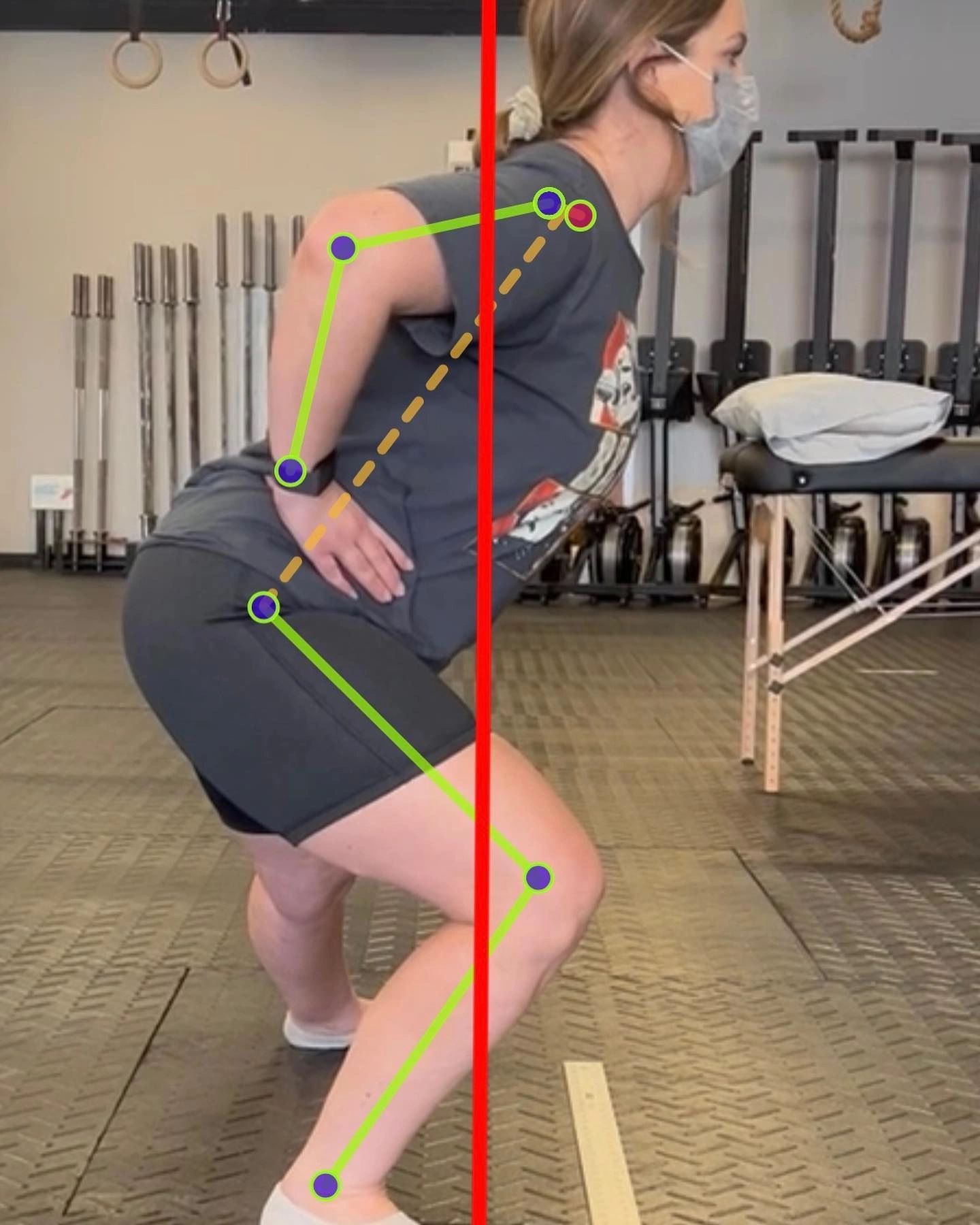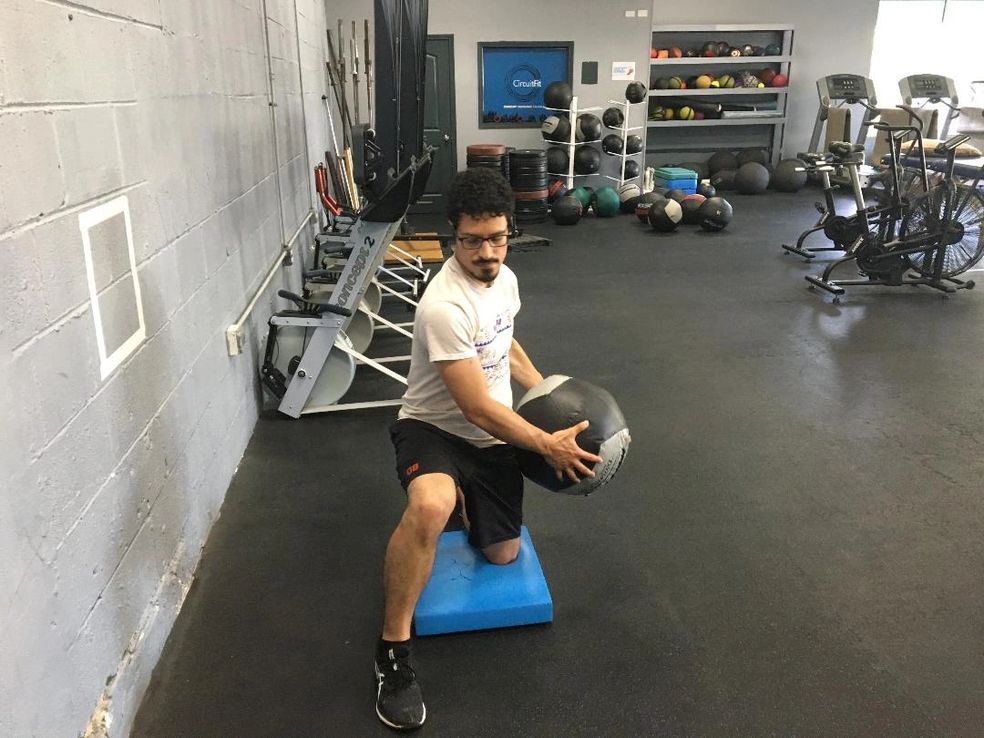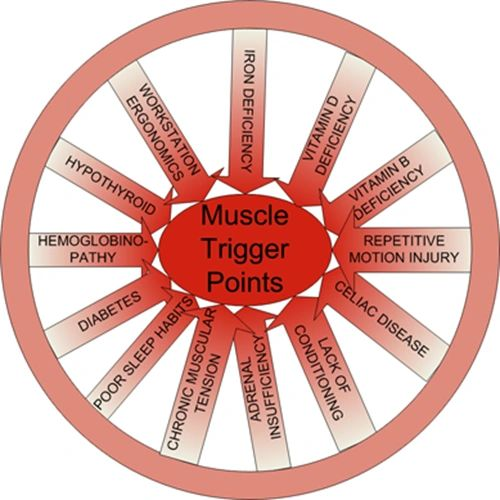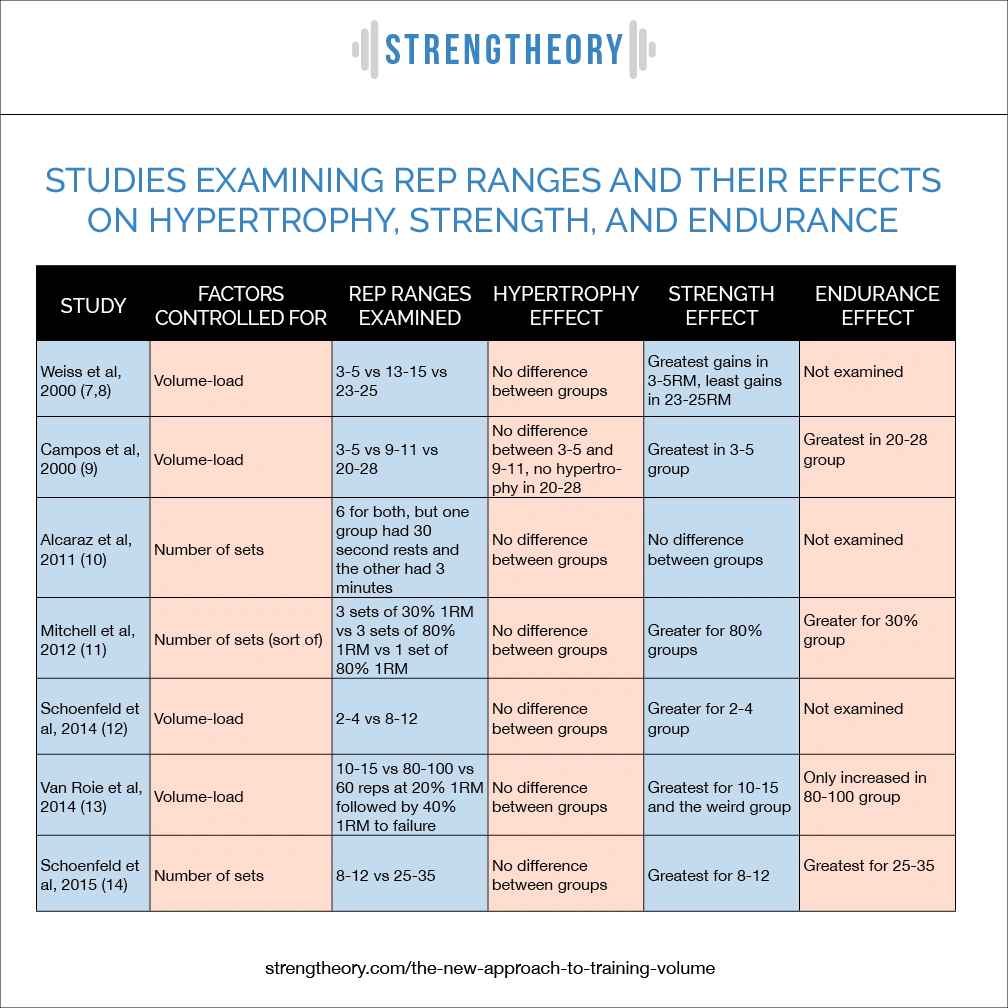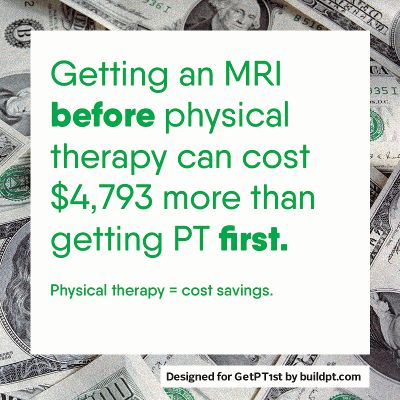After working out, choose THIS "R & R" (Replenish & Reload)
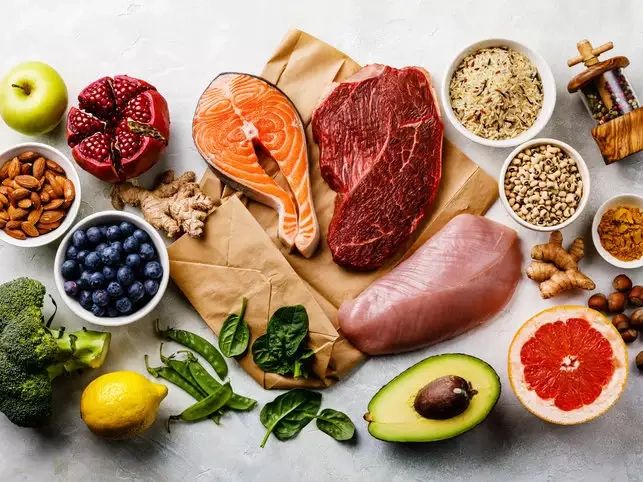
Post-activity eating and drinking is an essential component of athletic success. Recovery nutrition is best thought of as a window of opportunity. Research has found that in the approximately 30 minutes after intense exercise, the body optimizes its ability to replenish energy stores — particularly muscle and liver glycogen. This is also a critical time because the body instigates muscle protein synthesis for muscle tissue recovery and repair, replenishes fluids and electrolytes lost through sweat, and adapts to the stresses encountered in the workout.

The quantity and quality of nutrients and fluids consumed in the post-exercise period greatly affect recovery. And the longer and more intense a workout, the more important it is to kick-start the body’s recovery and replenishment mechanisms with adequate fueling. The three most important components of recovery nutrition are carbohydrates, protein and fluids/electrolytes.
Carbohydrates. Hard exercise dramatically decreases the body’s carbohydrate stores. One recent estimate suggests that a 150-pound athlete may utilize 200 grams of muscle glycogen and 50 grams of liver glycogen in a typical rigorous training session or competition–that’s a total of 1,000 calories worth of carbs!
Athletes should consume 0.5 to 0.7 grams of carbohydrates per pound of body weight within the first 30 minutes after exercise. For someone weighing 150 pounds, that means roughly 75 to 100 grams. Read product labels and broaden your horizons with a wide selection of carb-containing foods and drinks.
Beyond the 30-minute “immediate” recovery window, it’s also important for athletes to consume more carbs–at least another 50 grams — about two hours after exercise. This helps complete the restoration of glycogen levels and ensure that muscle tissue will be ready to perform again at the next workout, practice, or competition.
To make matters slightly more complicated, some carbohydrates are better for recovery than others. High-glycemic carb sources are absorbed more quickly by the body, helping restore glycogen levels more efficiently after workouts than low-glycemic sources.
High-glycemic foods are generally those with refined flours and added sugars, such as bagels, low-fiber/high-sugar cereals, granola bars or sports bars, pretzels, and flavored milks.
Protein. Protein consumed within the recovery window provides amino acid building blocks for muscle tissue synthesis and repair. It also helps ensure a net positive protein balance, which means protein synthesis exceeds protein degradation (breakdown) in muscle tissue. Protein degradation is elevated after exercise, so failing to consume protein can actually result in muscle loss.

Researchers generally suggest that athletes need 10 to 20 grams of protein in the 30-minute recovery window to provide adequate amino acids for synthesis and repair. There is limited evidence to suggest that one protein source is superior to another for promoting muscle recovery. Some researchers have reported that whey protein is most favorable because of its unique amino acid composition and absorption rate, but most recommendations do not distinguish between protein sources. With so many protein-rich options, from meat, dairy, and eggs to nuts, seeds, and legumes, athletes should choose the ones they like best, and perhaps even experiment with different combinations to see if they notice a difference in recovery with certain foods as compared to others. Use nutrition labels and make your own choices that suit you.

Fluids/electrolytes. The total amount of fluid and electrolytes needed after physical activity varies by individual based on body chemistry, sweat rate and salt content, and other factors. The simplest guide for replenishment is weight loss during workouts: Athletes should weigh themselves before and after workouts and
consume 16 to 24 fluid ounces for every pound they lose. For example, someone who drops three pounds during practice needs 48 to 72 ounces of fluid during the recovery window. Of course, athletes must also be encouraged to focus on hydration during activity, so ideally, their pre- and post-workout weight shouldn’t be much different. If the prospect of downing 72 ounces of fluid after a workout is unappealing, that’s one more reason to hit the water bottles early and often while working out.

Antioxidants: free radical scavengers


